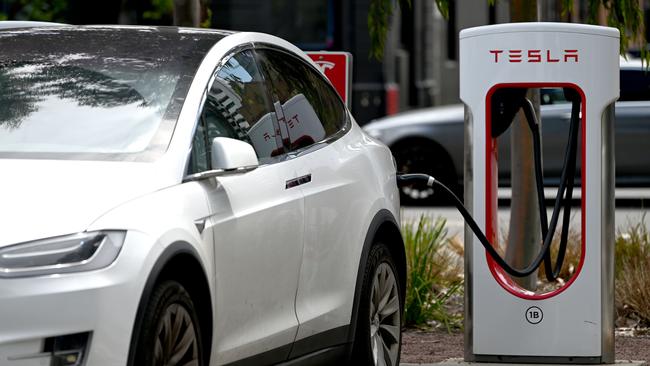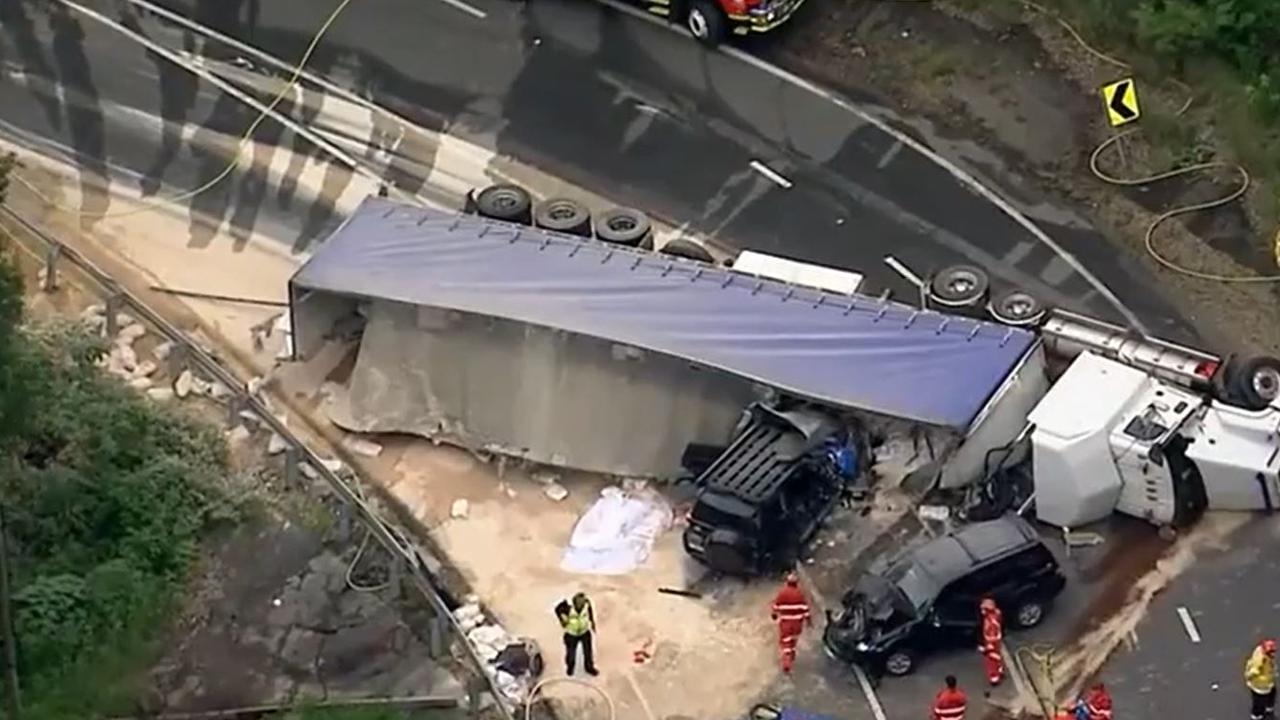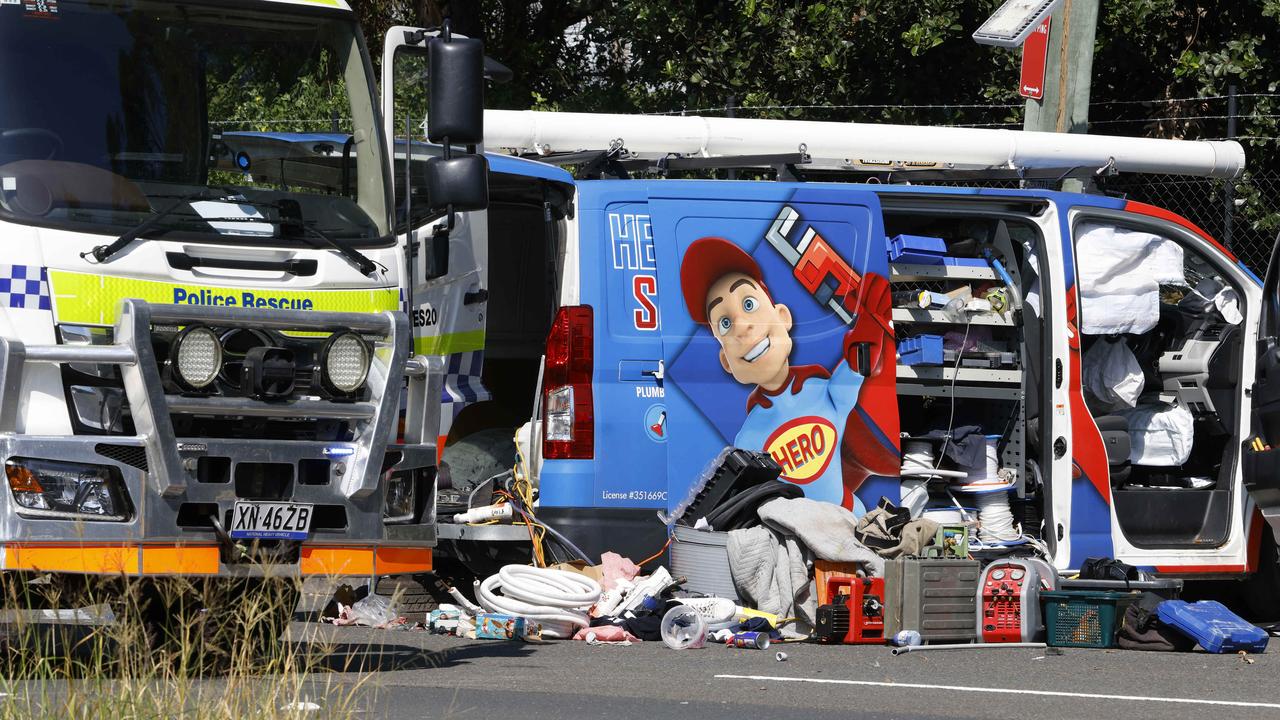Household EV infrastructure could cost as much as $10bn, inquiry told
The transition to electric vehicles that can be charged at home for a million Australians is mind-blowing, experts have warned.

On the Road
Don't miss out on the headlines from On the Road. Followed categories will be added to My News.
The transition to electric vehicles would put as much pressure on Australia’s struggling electricity grid as homes and apartments already do, experts have warned.
It comes as the House of Representatives continues its inquiry into impact of the wholesale uptake of electric vehicles, or EVs, including infrastructure and costs to motorists.
Interim Director of Monash Energy Institute, Roger Dargaville, said powering EVs in just one million households could cost as much as $10bn in power inverters.
Professor Dargaville said such inverters, unlike home batteries such as Tesla’s Powerwall, would allow EV drivers to recontribute power into the grid.
“That piece of infrastructure costs about $10,000 at the moment, and if you have a million vehicles sometime in the future trying to do this that’s $10bn,” he said.
“It’s very dangerous to make predictions about the cost … we all made the mistake with solar panels of saying that they can’t come down and they’ve exceeded expectations.

“That comes with scale … I suspect they’ll come down to half or a third of the current costs, but even at $3000 a pop, if you’ve got millions of them, it’s a lot of money.”
Professor Dargaville said there was only a single brand of inverters on the market but couldn’t confirm whether people with solar inverters would need another.
The “optimal situation” he said was for there to be widespread charging infrastructure “where they’re parked during the day at office buildings, shopping centres, schools”.
Asked about EVs feeding power back into the grid, Professor Dargaville admitted it was a “very complicated question” and more research was needed about the benefit.
He said research about the impact of EVs on the entire grid was also needed but warned they would demand “as much electricity as the residential sector at the moment”.
The inquiry seeks to establish the wide-reaching impacts of widespread EV take-up, including batteries, and is chaired by South Australian Labor MP Tony Zappia.
It was told the recycling sector was “in crisis” over the handling of disposed batteries, namely from vapes, which according to research had resulted in 10,000 fires in just 2024.
Association for the Battery Recycling Industry chief executive Katharine Hole said “recycling of lithium batteries is inherently dangerous” and required safety and fire measures.
She said the “waste industry was struggling because of battery disposal and fires” and insurance for BRI members had increased in 2024 by as much as 200 per cent.
The inquiry was told disposal of EV batteries, namely recycling, required “engagement of a professional network” and Australia needed to “work up the waste hierarchy”.
More Coverage
Originally published as Household EV infrastructure could cost as much as $10bn, inquiry told



